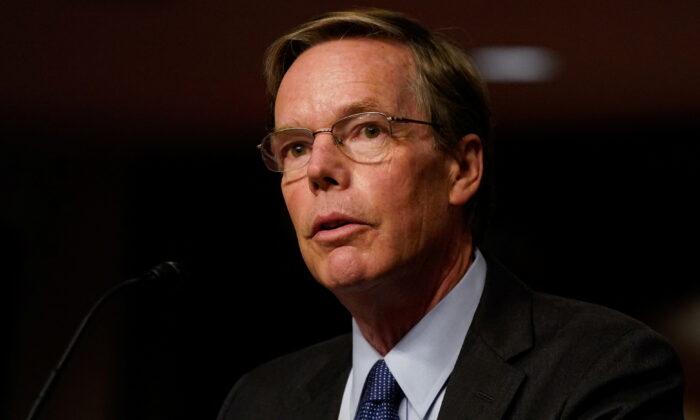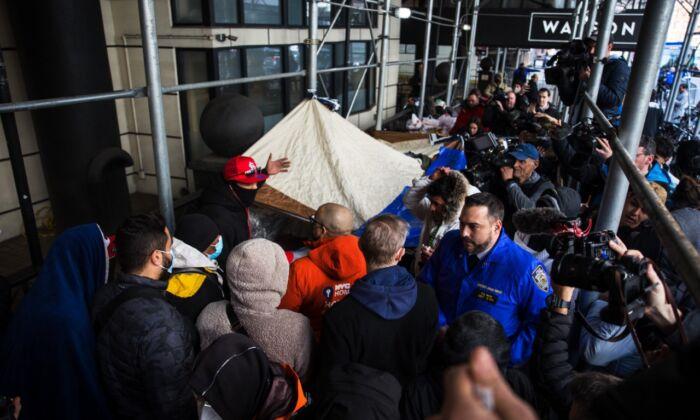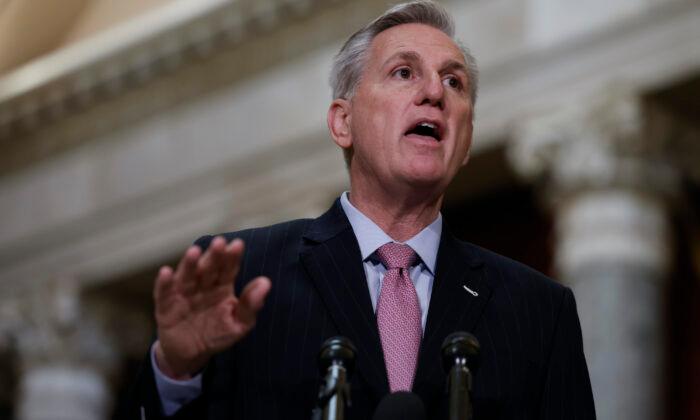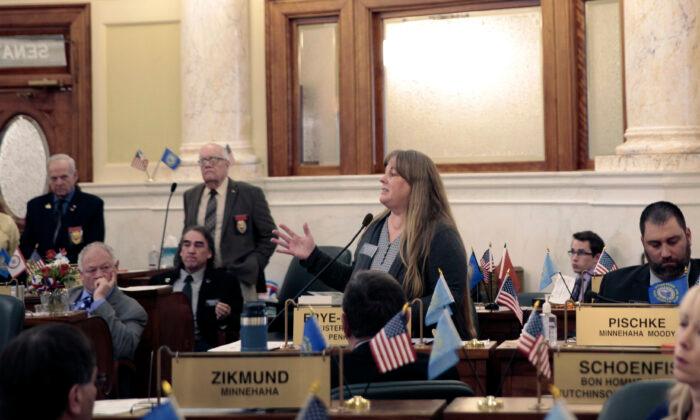The U.S. Senate voted 75–18 on Dec. 16 to confirm President Joe Biden’s nominee for U.S. ambassador to China as the two rivals ramp up global competition, after reaching the key 50-vote threshold.
Nicholas Burns, 65, will be the first career diplomat in recent years to fill the position, which has been vacant for over a year after the last ambassador, Terry Branstad, resigned in October 2020. The position was occupied by former politicians over the past decade, not front-line diplomats.
The Biden administration announced the nomination on Aug. 20. The veteran U.S. diplomat has served under both Democratic and Republican presidents, was the U.S. ambassador to NATO undersecretary of state between 2005 and 2008, and ambassador to Greece from 1997 to 2001.
During his Oct. 20 confirmation hearing, Burns criticized Beijing for its display of aggression on the international stage as well as rights abuses in Tibet and Taiwan, calling the regime “the greatest threat to the security of our country and the democratic world.” Meanwhile, he stressed “American strength” over the rising power of Beijing.
Yet Florida Sen. Marco Rubio (R-Fla.) held up the nomination last month, saying the diplomat does not fully understand the threat of the Chinese Communist regime.
The senator lifted his objections earlier on Dec. 16 after winning passage of his Uyghur bill to ban imports from China’s north-eastern Xinjiang region over forced labor concerns. The measure is now headed to the White House.
After almost a year of Biden’s presidency, about half of the 186 U.S. ambassadorships worldwide remain empty.
It was not clear when Burns will head to China, or whether it would be before the 2022 Winter Olympics in Beijing in February. The White House announced on Dec. 6 that U.S. government officials would boycott the games over China’s human rights “atrocities.”





Friends Read Free